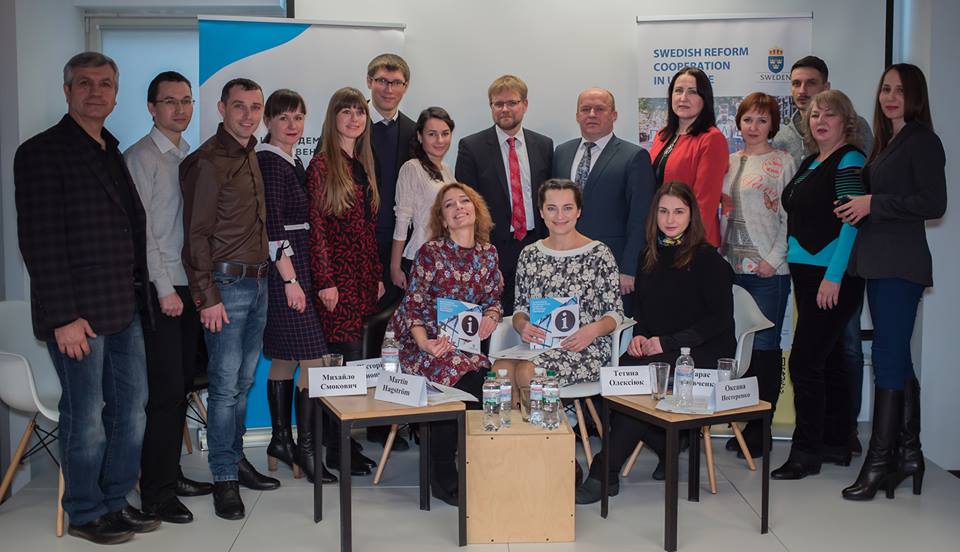
The main topics of the V Forum of Defenders of the Right to Access Information were the access to public information and the ways of its improving. The event was organized by Centre for Democracy and Rule of Law with the support of Government of Sweden. About 80 activists that protect the right to access information in various regions of Ukraine, as well as experts in access to information, officials and the Ambassador of Sweden in Ukraine were participated in this Forum. The agenda of Forum included expert panel, sharing of experience among the experts and activists and presentation of the handbook of appealing the violation of right to access information
At the beginning, Martin Hagstrom, the Ambassador of Sweden in Ukraine, noted on the importance of access to public information.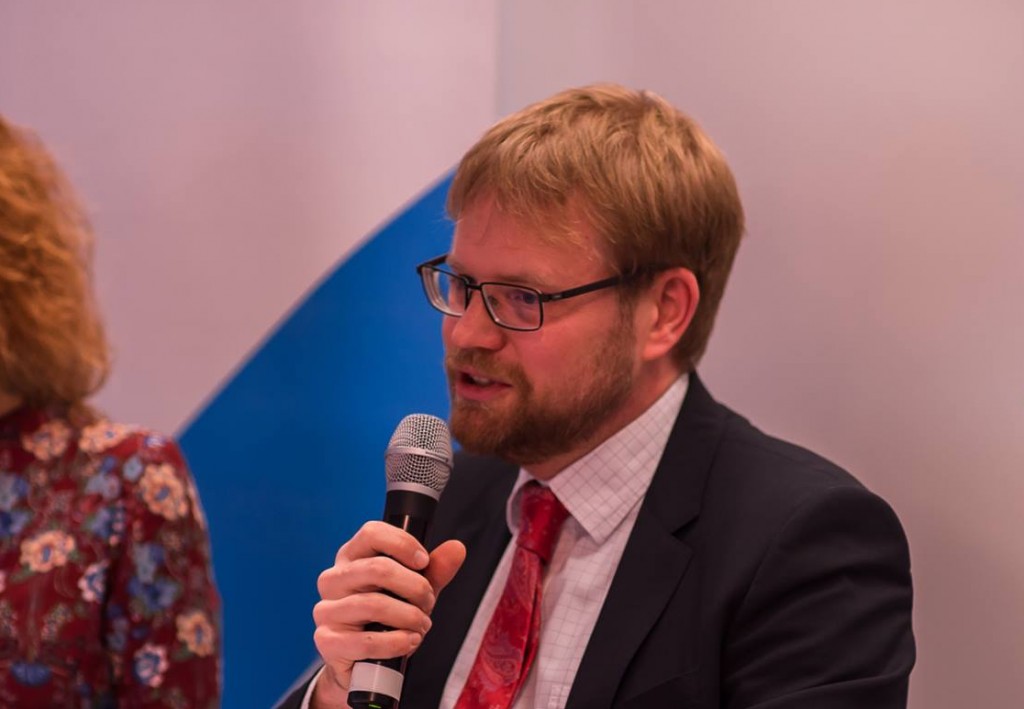
«The access to public information is an important subject. 250 years ago, in 1766, the King of Sweden adopted the law that originally provided the access to information. However, this law was cancelled and adopted for several times. It was constant and very important struggle. This law has a great influence on what Sweden has become», – he noted.
He also marked the importance of the law on protection of whistleblowers, adopted in 1949. Both laws played an vital role in establishing and strengthening the people`s trust to authorities in Sweden.
«Access to information is an important question, considering the challenges of Ukraine: anticorruption actions and judiciary reform. The transparency of processes and access to documents are the things that can help», – noted Martin Hagstrom.
In his turn, Taras Shevchenko, director of Centre for Democracy and Rule of Law, mentioned, that the notable results were achieved only thanks to common work of numerous organizations and activists.
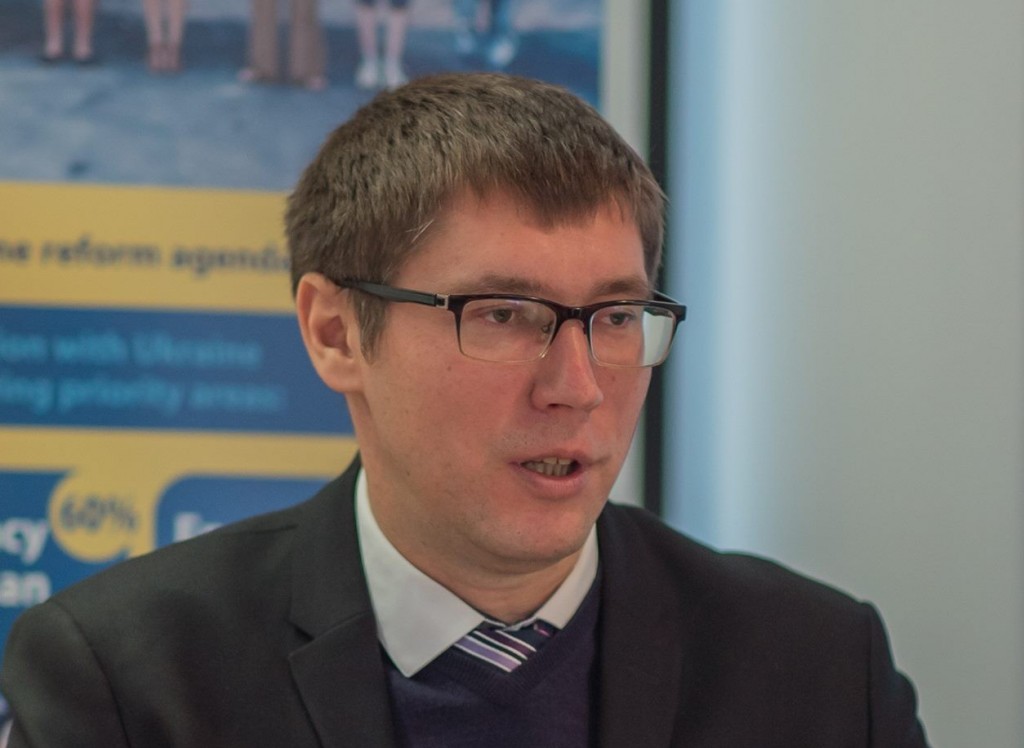 «In five years, we achieved a serious progress in access to information. In previous time, we had to go to courts to receive the declarations of parliamentary deputies and now they are opened for everyone. Today Ukraine is one of the most transparent but corrupted countries. Therefore, the transparency gives an opportunity to not only fight corruption but also prevent it. Because the officials realize that they have to explain their actions and funds», – said Taras Shevchenko.
«In five years, we achieved a serious progress in access to information. In previous time, we had to go to courts to receive the declarations of parliamentary deputies and now they are opened for everyone. Today Ukraine is one of the most transparent but corrupted countries. Therefore, the transparency gives an opportunity to not only fight corruption but also prevent it. Because the officials realize that they have to explain their actions and funds», – said Taras Shevchenko.
Він наголосив, що ЦЕДЕМ займався питаннями доступу ще з моменту заснування Інституту Медіа Права. Адже розвиток громадянського суспільства та журналістики неможливий без права на доступ. Тому Центр продовжить боротися за свободу інформації.
He told that CEDEM was acting in this sphere since the founding of Media Law Institute, because the progress of civic society and journalism is impossible without the right to access. Thus, Centre will continue the struggle for information freedom.
«Our case with Mezhyhirya [a luxury residence of former President of Ukraine] is ongoing. I represented Leshchenko [parliamentary deputy and former investigation journalist] in the Ukrainian courts, where we demanded an information about value of the land plot or copy of document, which granted it to Yanukovych [former President]. Now this case is heard in the ECHR and I hope the «Leshchenko v. Ukraine» judgement will be the top-event of 2017», – announced director of the CEDEM.
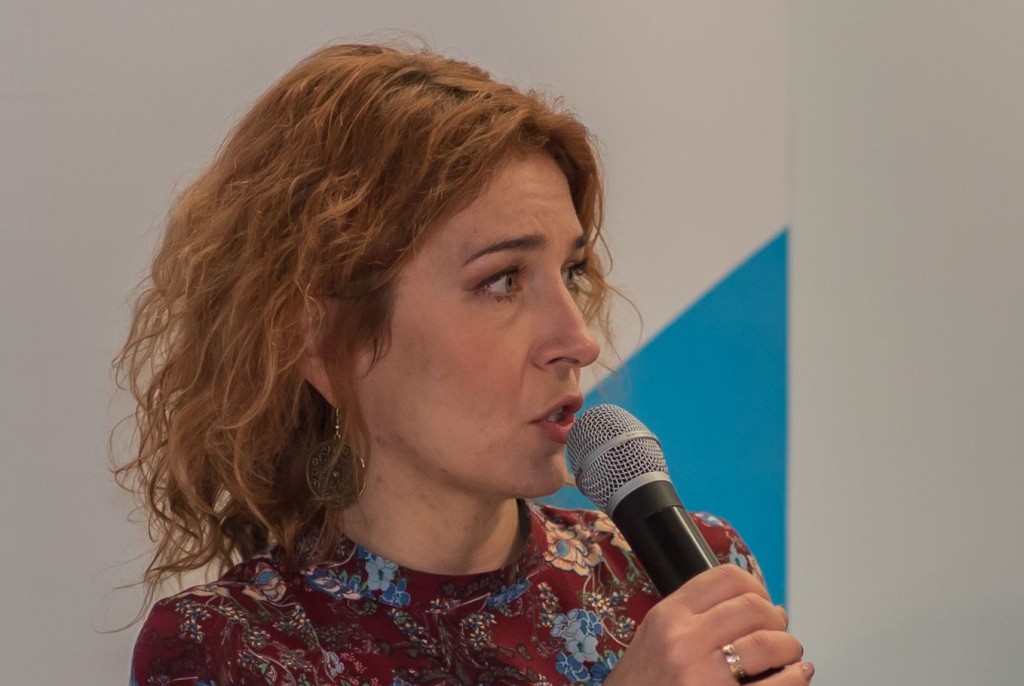
Olha Siedova, Program Officer at Embassy of Sweden, urged Ukrainians to use the experience of the Sweden.
«The Swedish law on free speech and free access to information has the provision, which became the DNA of transparency in Swedish society. Thus, article 9 establishes principles of recruitment to public office and transparency of the selection process. The similar standards in Ukraine are implementing only now», – said Olha Siedova.
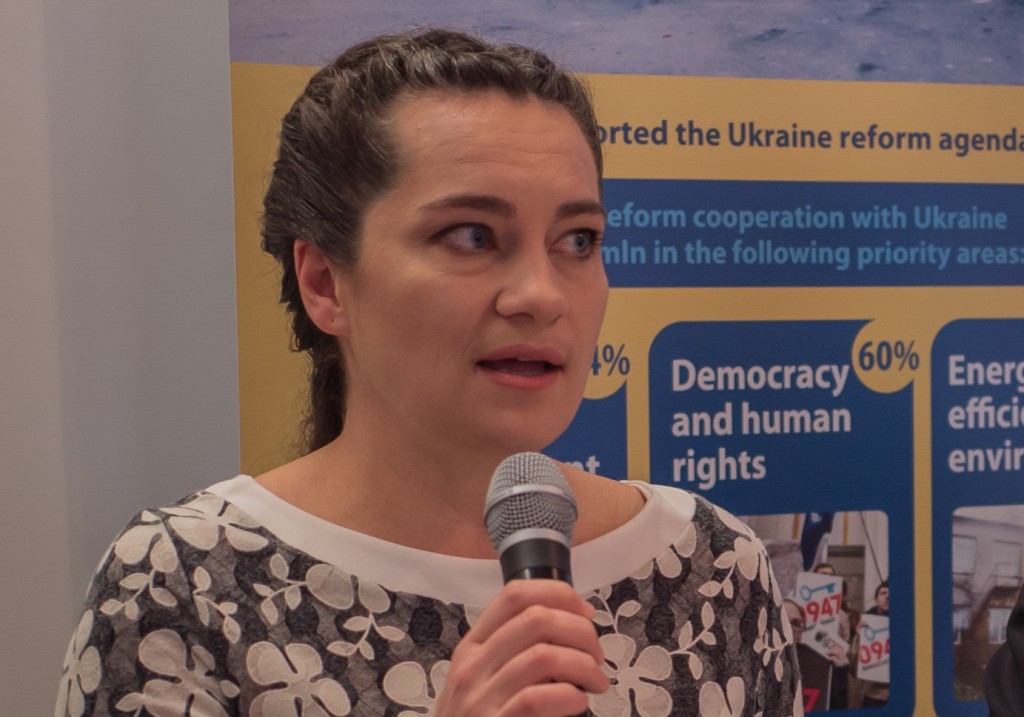
Tetyana Oleksiyuk, deputy director of Centre for Democracy and Rule of Law noted on the role of regional network of activists in improving the access to public information.
«This is the fifth forum of our Network of Defenders of the Right to Access Information, and we are glad to see that Network is developing. Access to public information is an issue that needs permanent monitoring as well as coordination with the regional activists and sharing of experience. I`m sure that the improvement of access to public information, active and skilled using of this instrument will increase the trust between society and authorities», – said Tetyana Oleksiyuk.
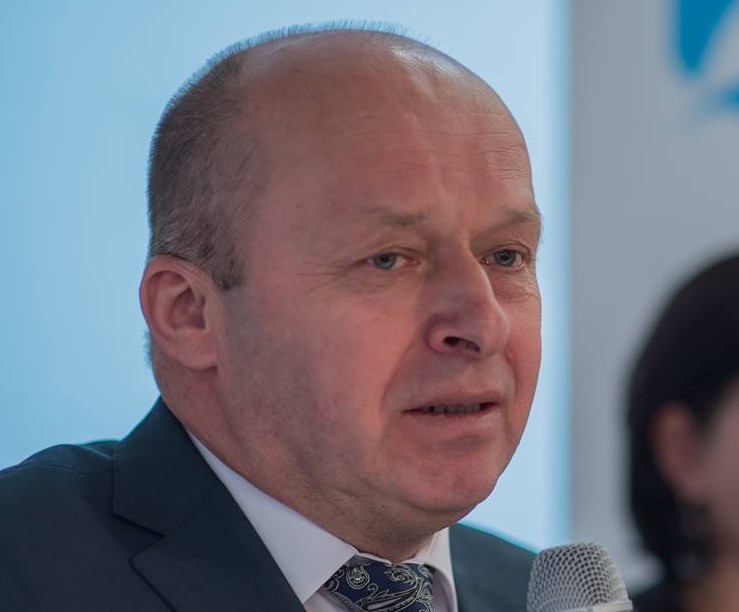
According to Myhailo Smokovych, the deputy chairman of the Supreme administrative court of Ukraine, there are several unresolved problems with the access to judicial information
«Access to information may reinforce public confidence in the judicial system. Unfortunately, nowadays when the court officials receive the request for information, they try to avoid it and refuse to give information. Moreover, we are working to negate it. Most often, our court is requested for declarations and profiles of judges», – he stated.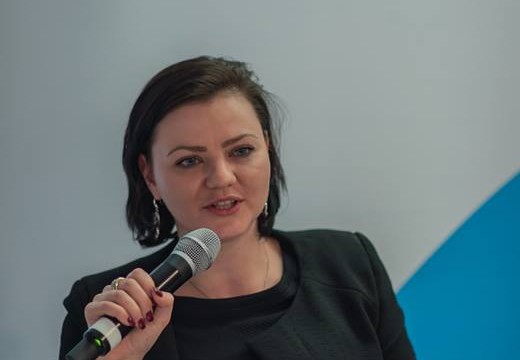
As Victoria Kononchuk, head of the Department on compliance with the right of access to information and representation in Constitutonal Court of Ukraine, mentioned in her speech
«The most notable progress is the Resolution of the Plenum of Supreme administrative court of Ukraine, because it establishes the procedure of case hearing. In addition, many information administrators don`t know about the «three part test» and it violates the law».
She thanked the monitors for their sustained work, which helped the Office of Ombudsman to obtain the real statistic about access to information in regions».
«Current high level of transparency in Ukraine is the result of eight-year work of society, lawyers, Ombudsman and Supreme administrative court», – says Oksana 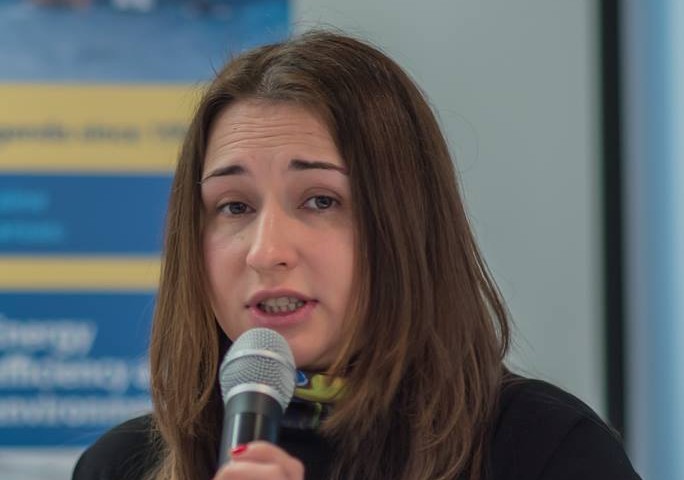 Nesterenko, media expert and professor of National University «Kyiv-Mohyla Academy».
Nesterenko, media expert and professor of National University «Kyiv-Mohyla Academy».
«In 2008 the access to information was closed and everybody said that we are dreamers. Now we have unprecedented openness. In the country with the culture of secrecy of authority the clear legislation and practices of Supreme Court are more effective that scientific doctrines and arguments about importance of access to information for the development of country», – said Oksana Nesterenko.
Oksana Ohdanska, lawyer of CEDEM, drew attention on the importance of the Resolution of the Plenum of Supreme administrative court of Ukraine.
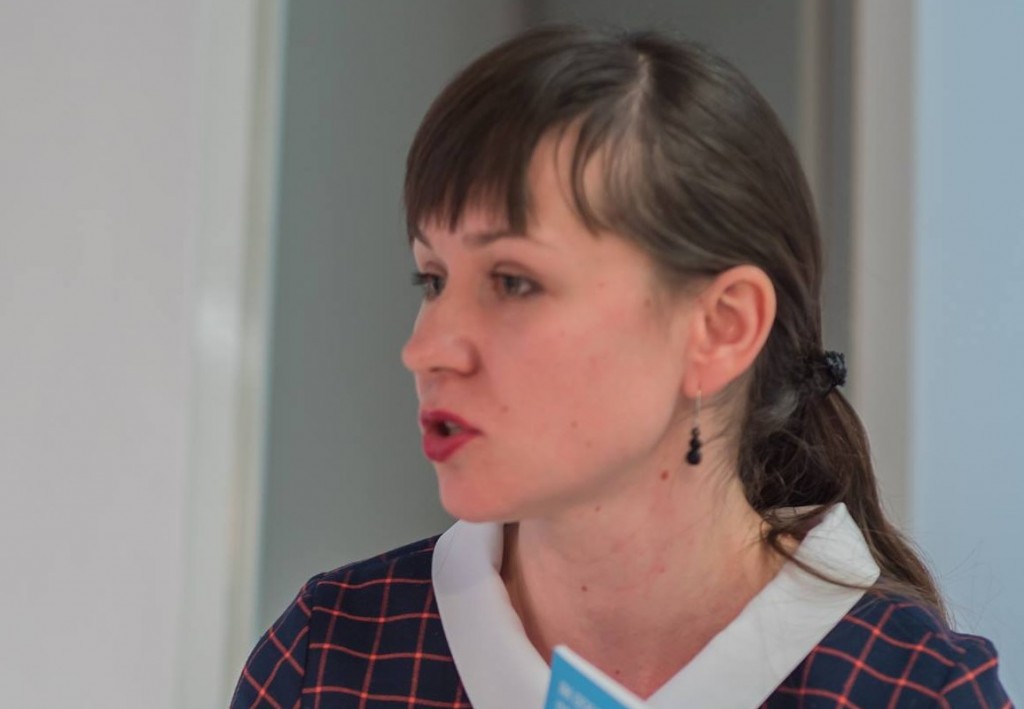 «The official position of Supreme administrative court about the questions, disputed among the requesters and information administrators is expressed on the 40 pages of the Resolution. For example, it explains whether public utilities are the information administrators, whether requester must pay for first 10 pages of answer and other points of law “On access to public information”. This Resolution says, when the «three part test» must be applied and when confidential, secret and official information can be provided», – she noted.
«The official position of Supreme administrative court about the questions, disputed among the requesters and information administrators is expressed on the 40 pages of the Resolution. For example, it explains whether public utilities are the information administrators, whether requester must pay for first 10 pages of answer and other points of law “On access to public information”. This Resolution says, when the «three part test» must be applied and when confidential, secret and official information can be provided», – she noted.
Vita Volodovska, lawyer of Centre for Democracy and Rule of Law, told about the ECHR practice of right for information.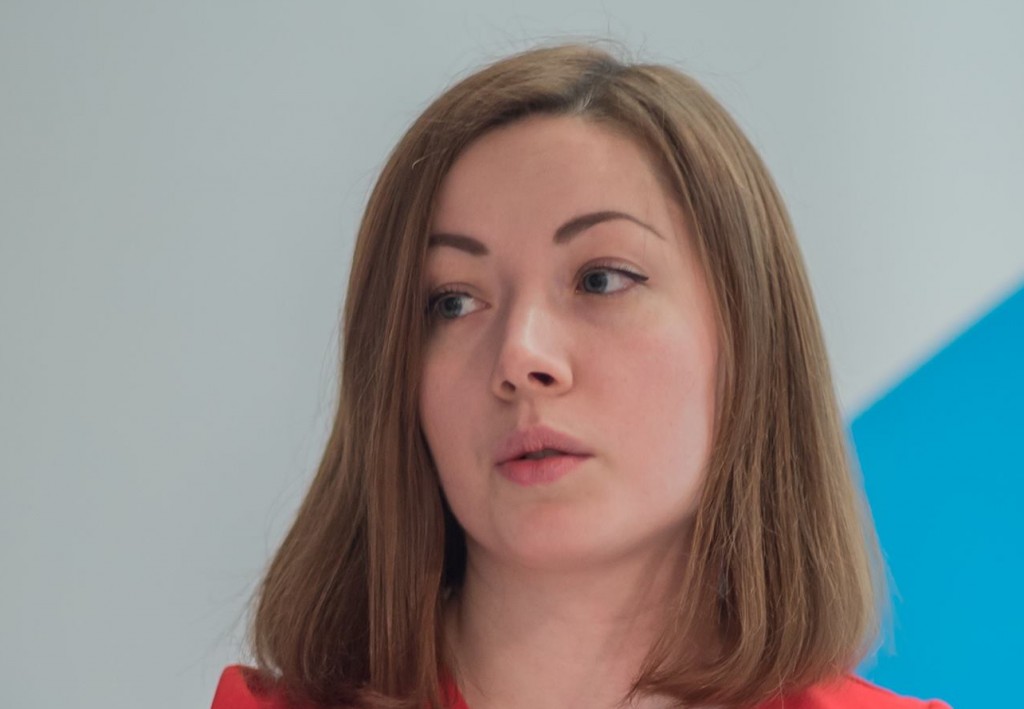
«According to the ECHR approach, requester has the right to information but his request must be substantiated. The requested information must be of public importance. For example, it must refer to public figures or human rights violations. Information should already be created – you cannot force someone to create it for you. Another condition is that the data is hold by state only and cannot be received from other sources», – said Vita Volodovska. She also explained the reasons for going to the European Court.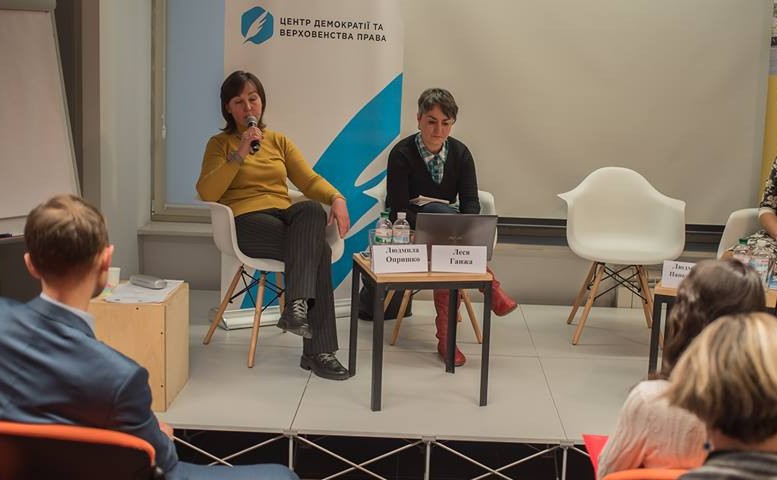
The second session was devoted to lawsuits on access to public information. Ludmyla Opryshko, lawyer of Regional Press Development Institute and Lesia Handzha, editor of website «Access to truth» (project of NGO «Centre UA»), told about their successful experience of defending their rights in the court. Activists of Network of Defenders of the Right to Access Information also participated in discussion.